Love and marriages can be difficult. Navigating through it, we sometimes find ourselves at the crossroads where love either falls short or just runs out. This could be one of the predictors of divorce. The end of any relationship is extremely tough and the hurt it can cause is immense.
Even when it hurts a lot, divorce rates have been on the rise. According to newly released divorce figures from the CDC for the year 2020, the divorce rate is 2.3 per 1,000 population (45 reporting States and D.C.). According to the recalculation of the same data by Wilkinson &Finkbeiner, every 42 seconds, there is one divorce in America, which equates to 86 divorces per hour.
In this article, trauma-informed counseling psychologist Anushtha Mishra (MSc., Counseling Psychology), who specializes in providing therapy for concerns such as trauma, relationship issues, depression, anxiety, grief, and loneliness among others, writes about divorce and the biggest predictors of divorce.
Can You Know If Divorce Is Imminent
Table of Contents
Every marriage is different and so every couple has different equations and factors at play when it comes to divorce. However, there are a few tell tales that your marriage is going south, shaping into an unhealthy relationship, and displaying early signs of divorce.
When your partner is unreliable, hostile, or unresponsive most of the time, you might need to be aware that it can be one of the signs of a divorce coming. Also, when communication problems in the relationship start to arise, indicating that neither of you is happy or willing to put in the effort to learn what your spouse is feeling, you know that divorce may be imminent.
One of the early signs of divorce can also simply be that you are unhappy and the relationship doesn’t make you feel good. If your marriage is causing significant and continuous distress, it’s reason enough for you to leave.
These are a few subtle signs through which you can know if divorce is imminent or not. Sometimes knowing these signs also gives you time and space to work on the fracture and transform your relationship into something that works for both you and your spouse.
7 Predictors Of Divorce You Should Be Aware Of
People can usually sense unhappiness in their marriage, which can make them question if they want to stay committed in that relationship. Therefore, looking for predictors of divorce can help you make an informed decision about the future of your marriage.
It should be noted, however, that these predictors don’t automatically mean that divorce is the only option. You can repair the rupture in many ways if there is a desire to make the marriage stronger in a way that fulfills both the partners’ needs and desires.
So here are seven predictors of divorce that you ideally should pay attention to so that you can not just seize control of your marriage but also make decisions on doing what’s best for you and your relationship.
Related Reading: 8 Conflict Resolution Strategies In Relationships That Almost Always Work
1. Lack of intimacy
There will be cracks in your relationship if intimacy is missing. Lack of intimacy either emotional or physical can lead to a loss of connection with your spouse. It can give rise to withdrawal in the marriage and may leave you feeling unloved and insecure.
This might happen due to a plethora of reasons. Lack of intimacy can be caused due to stress, low self-esteem, rejection, resentment stemming from unresolved issues, and lack of communication, which is a key to making any relationship work. Temporary stretches where there is abstinence between the partners are not necessarily a sign of a problem but when these stretches last for months and years, the marriage may be at the end stages of its life.
It can be one of the primary predictors of divorce. In a 2012 survey by Hawkins, Willoughby, and Doherty, a sample of 886 divorcing parents were interviewed and they found that one of the common causes of divorce was lack of intimacy or as worded in the paper, “growing apart” (55%).
2. Constant criticism in the relationship
The first of the four horsemen – or four negative behaviors that prove disastrous to a relationship, as identified by American psychologist Dr. John Gottman – criticism is one of the greatest predictors of divorce. It is an act of discerning a problem in the relationship and then converting that into a commentary on your partner’s character flaws. “Always” or “never” are the common words in the vocabulary of criticisms describing something your partner did or didn’t do.
It is important to note that criticism is different from a complaint. Complaints are a normal and healthy aspect of any relationship. It focuses on an actual issue while criticism attacks the entire persona of the other person.
The issue with criticism is that when it gets pervasive, it usually is followed by far deadlier horsemen – contempt (more on that in the following point). It can leave your spouse feeling assaulted, rejected, and hurt. It’s almost like a cycle that repeats with greater and greater frequency and intensity leading to contempt.
3. Contempt toward your spouse
One of the biggest predictors of divorce or the second horsemen is contempt. Communicating with contempt means showing real disrespect toward your spouse through mockery, sarcasm, ridiculing, calling names, and mimicking. It is meant to make your spouse feel despised and worthless.
Contempt is often used to presume a position of superiority over a partner in a relationship, which makes it different from criticism. It stems from long-standing negative thoughts about your partner. When one expresses contempt, they are showing their discontent by shaming and using mean-spirited sarcasm to put their partner down.
Contempt can look like comments such as, “You’re ‘tired’? Cry me a river. I don’t have time to deal with kids. Could you be any more pathetic?” or “Oh, of course, I walk into a filthy house after a long day. What else would I expect from someone like you?”
According to Gottman’s research from 1994, contempt is the number one predictor of divorce within the first six years of marriage. There have been multiple other studies by various authors that had the same conclusion and confirmed Gottman’s findings.
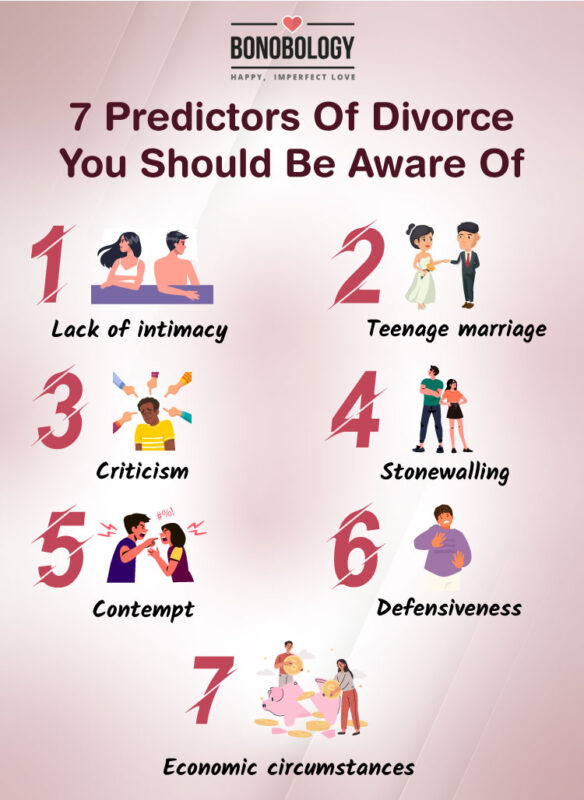
4. Defensiveness is a strong predictor of divorce
The third of the four horsemen, which is an eye-rolling predictor of divorce, is defensiveness. It is most of the time a response to criticism. Whenever we feel like we are being accused unjustly, we look for excuses to play the victim or feign ignorance/innocence so that our partner backs off.
However, this is never successful. Our defensiveness just tells our partners that we don’t take their concerns seriously and that we aren’t willing to take responsibility for our mistakes.
Although it is natural and understandable to defend yourself if you feel attacked, this approach will not have the desired effect. It will only escalate the conflict because it is really a way of blaming your partner and doesn’t allow for healthy conflict resolution.
Related Reading: Tips To Practice Emotional Attunement To Transform Your Relationships
5. Stonewalling could cause a marriage to fall apart
The fourth horseman, which can be one of the signs of a divorce coming, is stonewalling. Just as defensiveness is a response to criticism, stonewalling is usually a response to contempt. It is exactly what it sounds like – one of the spouses starts acting like a stone wall in the middle of a conversation, conveying a complete withdrawal from communication. This, in turn, sends the message to the other spouse that their SO doesn’t care about them at all.
It takes time for the negative effects created by the first three horsemen to become stressful and overwhelming enough that stonewalling seems like an understandable out. However, when it does, it automatically becomes a bad habit and it isn’t easy to stop then. It is a consequence of feeling emotionally flooded where you cannot discuss things rationally with each other and goes on to become one of the greatest predictors of divorce.
It may manifest as physically leaving or completely shutting out. It can also be understood as the “silent treatment”. This is an unsuccessful attempt to calm oneself when overwhelmed but it leaves one’s partner feeling disconnected, disapproved of, and distanced. The person resorting to stonewalling comes across as arrogant.
6. Teenage marriage is among the predictors of divorce
Research shows that the age at the time of marriage has consistently been found to be one of the predictors of divorce and the risk for divorce is higher for teenage brides and grooms. The New York Times states that studies have shown that teenage marriages are two to three times more likely to end in divorce than marriages between people 25 years of age and older.
Younger married couples have a greater risk of growing apart because of developing different aspirations and interests. Being so young, they might not have had the opportunity to discover who they’re, and what their goals and aspirations are. At the same time, they have not completely formed an idea of what they want in their life partner.
They still have a few years to complete their education and then settle in the professional world, so they are still forming their opinions and ideologies. As they grow, mature, and evolve, their outlook on life can change considerably. Making as huge a decision as getting married and raising a family as a teenager can become too hard to sustain in the long run.

7. Financial circumstances can also break up a marriage
One of several studies suggests a strong relationship between household economic instability and divorce. Financial hardship is one of the powerful predictors of divorce whereas family economic stability can reduce the risk of divorce.
When the financial conditions are such that the couple is unable to meet the family’s needs, it brings instability to the marriage and goes on to become an eye-rolling predictor of divorce. The financial hardship is usually related to the employment status of the husband.
A 2016 Harvard study, published in the American Sociological Review, suggests that division of labor is one of the predictors of divorce. Husbands’ lack of full-time employment is associated with a higher risk of divorce. A lot of norms of previous generations have been eroded but the husband being the breadwinner norm largely persists.
Key Pointers
- When a partner is unreliable, hostile, or unresponsive most of the time, it can be one of the signs of a divorce coming
- One of the early signs of divorce can simply be that you are not happy and the relationship doesn’t feel good to you
- Lack of intimacy, criticism, contempt, defensiveness, stonewalling, teenage marriage, and economic circumstances are a few predictors of divorce
- Divorce isn’t easy but sometimes it might be the best choice available especially when there are clear signs that it is imminent
If you find that your marriage has any of the above-mentioned predictors of divorce, don’t assume your relationship is doomed to fail. To drive away destructive communication and conflict patterns, you must replace them with healthy, productive ones.
Of course, divorce isn’t easy but sometimes it might be the best choice available, especially when there are clear signs that divorce is imminent. If you and your spouse have decided to go ahead with it, just do the best you can to navigate this challenging time and stay true to yourself.
Remember this quote by Taylor Jenkins Reid, “Sometimes divorce isn’t an earth-shattering loss. Sometimes it’s just two people waking up out of a fog.”
When Is It Time To Divorce? Probably When You Spot These 13 Signs
Your contribution does not constitute a charitable donation. It will allow Bonobology to continue bringing you new and up-to-date information in our pursuit of helping anyone in the world to learn how to do anything.




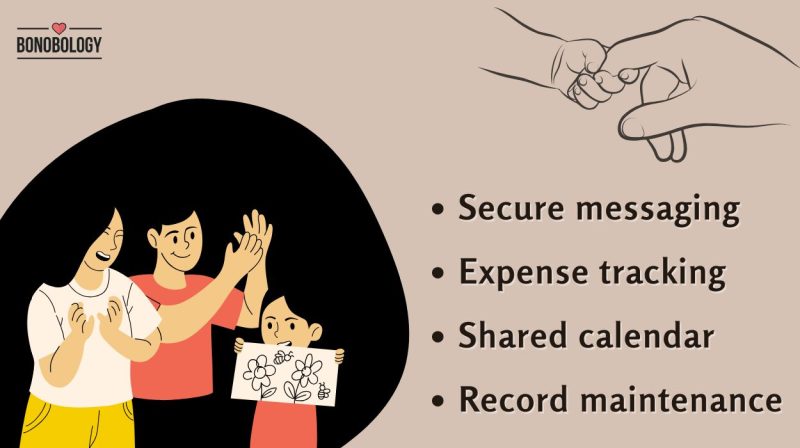


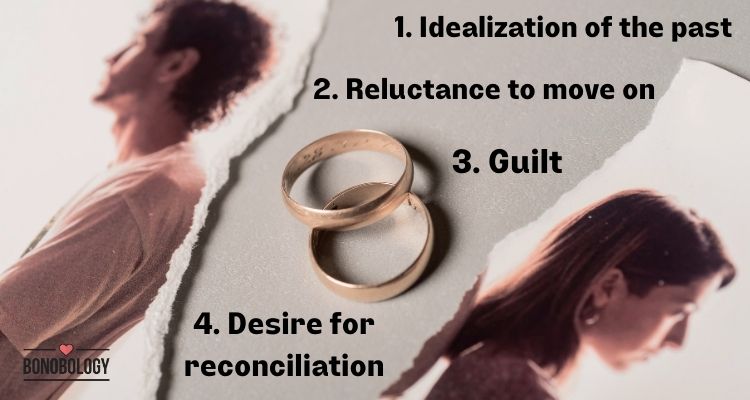

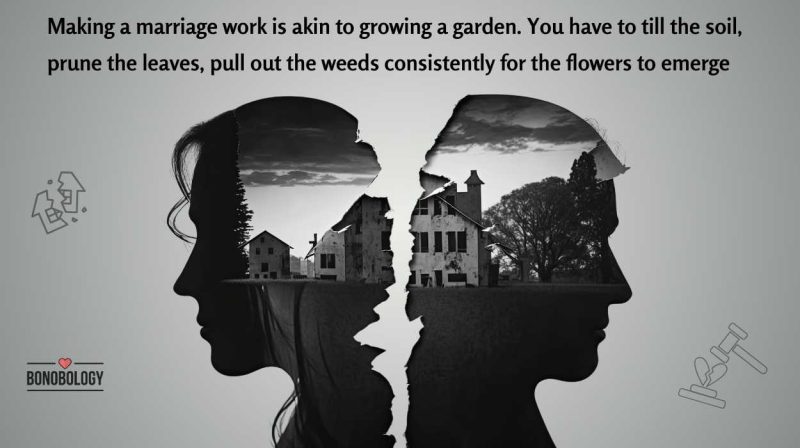

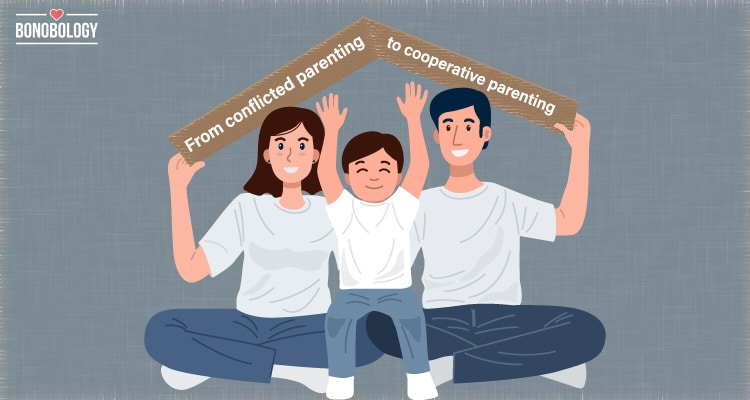

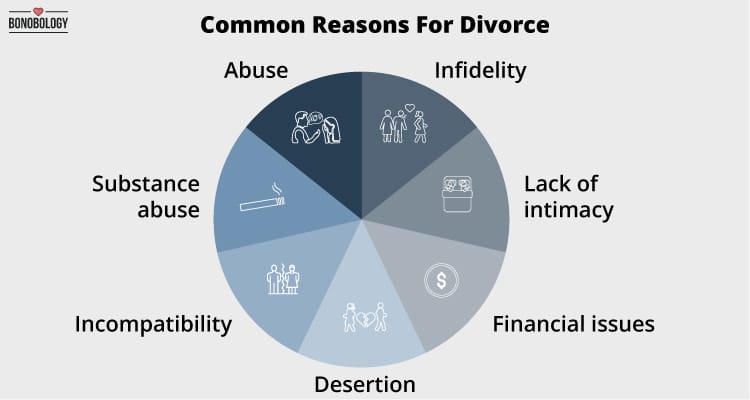




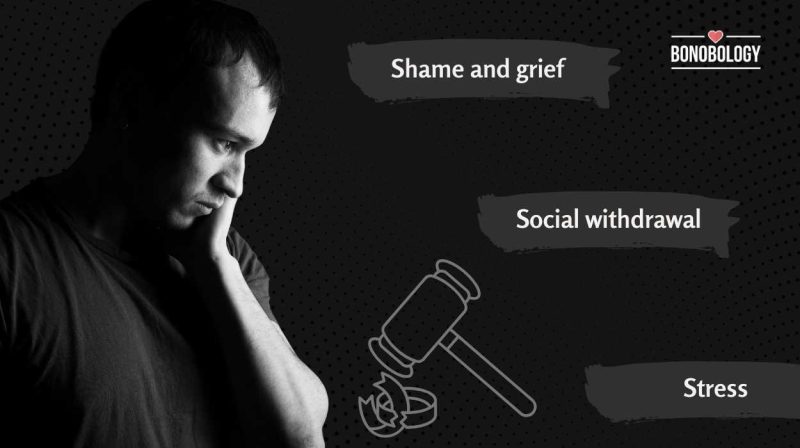




Featured
12 Best Dating Apps For Divorcees
14 Best Co-Parenting Apps For Estranged Couples
The Hidden Benefits Of Divorce
Top Legal Tactics for Alimony Disputes Between Parents
Divorce Regret: What Is It, Signs, And Ways To Deal
The Pros And Cons Of Being Your Own Divorce Lawyer
15 Subtle Yet Strong Signs Your Marriage Will End In Divorce
10 Things To Do When You Are Thinking About Divorce
10 Tips For Divorced Parents To Handle Joint Custody Effectively
9 Sneaky Divorce Tactics And Ways To Combat Them
18 Most Common Reasons For Divorce
How To Cope With Divorce As A Man? EXPERT ANSWERS
11 Ways To Remain Sane During a Divorce
7 Important Things To Know About Dating While Separated
The Top Rules Of Separation In Marriage To Make It Successful
Lonely After Divorce: Why Men Find It So Hard To Cope
How To Rebuild Life After Divorce: Handling Kids, Money, Dating, And Self-Love
Failed Celebrity Marriages: Why Are Celebrity Divorces So Common And Expensive?
Surviving Divorce at 50: How To Rebuild Your Life
Gray Divorce 101 – A Guide To Divorce After A Long Marriage